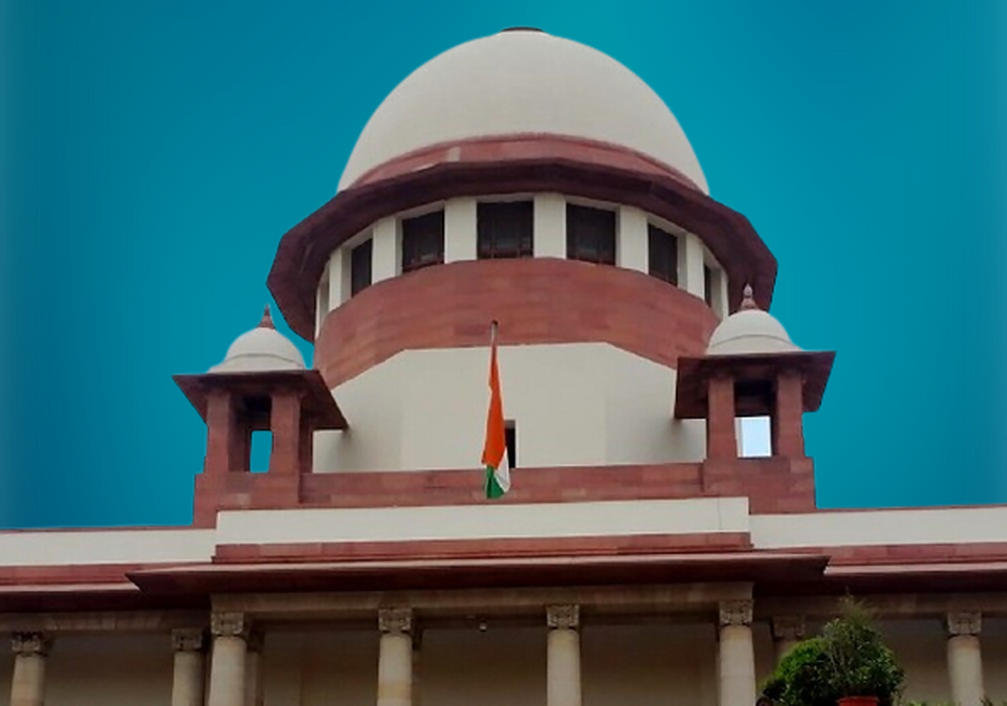In Criminal Appeal No. 1457 of 2015 -SC- Supreme Court quashes Section 498A IPC proceedings against in-laws, says wife's allegations were insufficient & far-fetched
Justice Aniruddha Bose, Justice Sanjay Kumar & Justice S.V.N. Bhatti [31-08-2023]

Read Order: Abhishek v. State Of Madhya Pradesh
Chahat Varma
New Delhi, September 4, 2023: The Supreme Court has recently quashed proceedings under Section 498A of the IPC against the in-laws of a woman in a dowry harassment case, highlighting that the allegations made by the complainant wife were insufficient and appeared to be motivated by animosity.
In the said case, Bhawna and Nimish had an arranged marriage in 2007. Bhawna later left for her parents' home in 2009. In 2013, she filed a complaint against her husband and in-laws, leading to an FIR. The appellants had obtained anticipatory bail. Thereafter, they filed petitions in the Madhya Pradesh High Court seeking to quash the FIR, but the court dismissed them. Subsequently, the police completed the investigation and filed a charge sheet.
The full bench comprising of Justice Aniruddha Bose, Justice Sanjay Kumar and Justice S.V.N. Bhatti noted several glaring inconsistencies and discrepancies in the wife’s complaint.
The bench observed that the wife did not complain about dowry harassment until 2013, despite leaving her matrimonial home in 2009. Her allegations against the appellants, her mother-in-law, and brothers-in-law, were general and lacked specific instances. The bench noted that the wife’s complaint appeared to be motivated by animosity, as she confessed to filing a false complaint against her brother-in-law, and she clearly wanted to wreak vengeance against her in-laws.
Furthermore, the bench observed that the complaint alleged harassment from 2007 to 2013, even though the wife had limited interaction with her in-laws and her brothers-in-law, who lived in different cities.
In light of the overall facts and circumstances, the bench concluded that the wife’s allegations against the appellants were not only insufficient but also far-fetched and improbable. These allegations failed to establish a prima facie case against the appellants.
“Permitting the criminal process to go on against the appellants in such a situation would, therefore, result in clear and patent injustice. This was a fit case for the High Court to exercise its inherent power under Section 482 Cr.P.C. to quash the FIR and the consequential proceedings,” held the Court.
Sign up for our weekly newsletter to stay up to date on our product, events featured blog, special offer and all of the exciting things that take place here at Legitquest.




Add a Comment